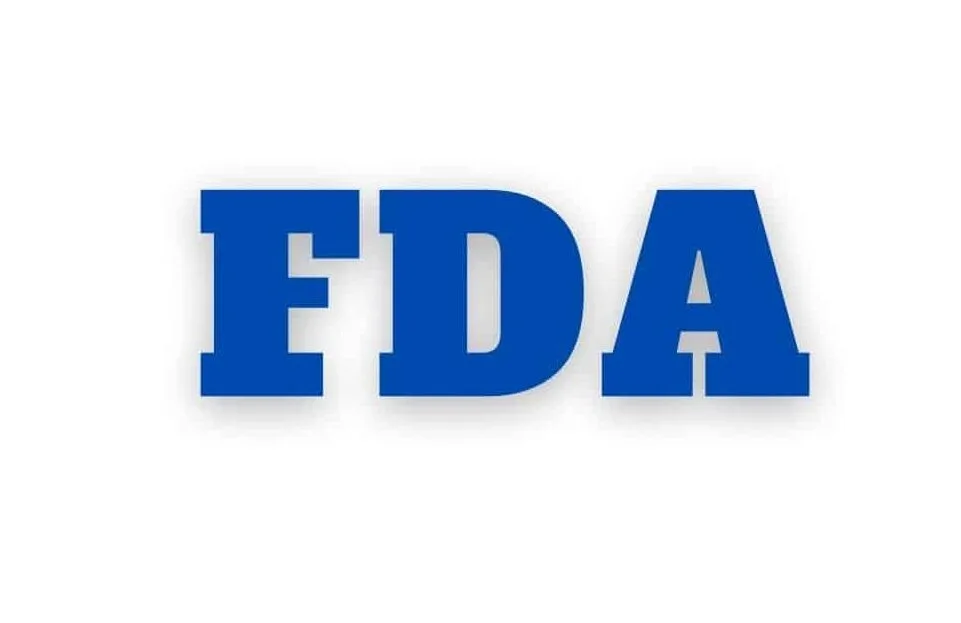Last Updated on January 14, 2024 by The Health Master
In order to increase the stock of blood owing to the growing demand due to COVID-19 scenario, the Maharashtra Food and Drug Administration (FDA) has issued guidelines for blood donation camps to 341 registered blood banks in the state as per the guidelines issued by National Blood Transfusion Council (NBTC).

Maharashtra FDA Commissioner Arun Unhale issued guidelines following a meeting of Maharashtra FDA Minister Rajendra Shinde and FDA officials with representatives of blood banks from Mumbai and Konkan divisions. In order to implement guidelines effectively, Maharashtra Chief Minister Uddhav Thackeray, Maharashtra Health Minister Rajesh Tope and Maharashtra FDA Minister Rajendra Shinde have also appealed to the public to come forward for donating blood and helping in the situation of COVID-19.
To know more about Blood Donation Camps, click here
As per these guidelines, blood donor should wear the mask during the complete process of blood donation. One camp should cater to not more than 100 donors. The distance between two beds in the camp should be at least one meter. Guidelines also stipulate that there should be a bottle of sanitiser at the entrance of the camp. Appropriate safety measures should be taken at the blood donation centres pertaining to infection prevention and personal protection.
“Based on the meetings between FDA and the blood banks to ensure consistent supply of blood, Maharashtra FDA has urged blood banks to adopt the provision for sharing technical staff and suggested blood banks for internal blood exchange policy to address any kind of demand arising out of COVID-19 scenario,” informed J B Mantri, joint commissioner (HQ), Maharashtra FDA and state drug controlling authority.
Also read: Brief guidelines for bulk drug parks: DoP
As per internal blood exchange policy, blood banks having surplus quantity of blood or blood products should provide their excess blood stock to blood banks having relatively less quantity of blood stock and thereby optimally regulate requirement throughout the city of Mumbai.
According to union health ministry directive, states may adopt flexible timings and may also like to extend the hours of fixed and mobile donor sessions. It may be suggested to donors to come in a staggered manner for blood donation and social distancing norms are maintained.
NBTC and Union health ministry had earlier issued interim guidelines for compliance of social distancing and infection control practices. They also directed blood banks to promote blood donations from healthy individuals and ensure consistent supply of safe blood in compliance with social distancing norms, infection control guidelines and biomedical waste disposal rules.
Other measures include that all voluntary donors to be given passes for smooth movement and such donors donating blood during this critical time be given special certificates. Mumbai has a requirement of 30,000 blood units on monthly basis.
State Blood Transfusion Council (SBTC) has also given directive to maintain and update adequate stock of blood for its availability during medical emergencies at the point of care. In order to help implement the plan, union health ministry and SBTC have directed the blood banks to manage the stock and supply of blood through its online portal named e-Rakt Kosh.
e- Rakt Kosh enforces Drug and Cosmetics (D&C) Act, National Blood Policy Standards and Guidelines ensuring proper collection, donation, effective management and monitoring the quality and quantity of the donated blood.
e- Rakt Kosh has six major components for management of the blood donation life cycle. It is equipped with bio metric donor management system for identifying, tracking and blocking donors based on donor’s health, donation history etc. It provides features such as blood grouping, TTI screening, antibody screening, component preparation etc. as per the defined processes and rules.
It has a centralised blood inventory management system for keeping track of the blood stock across numerous blood banks. It is also equipped with a bio-medical waste management system for disposal of discarded blood and other waste generated during this process. The portal is also instrumental in the generation of rare blood group donor registries and also helps in generation of regular repeat donors besides having alert and notification system.
The Health Master is now on Telegram. For latest update on health and Pharmaceuticals, subscribe to The Health Master on Telegram.


